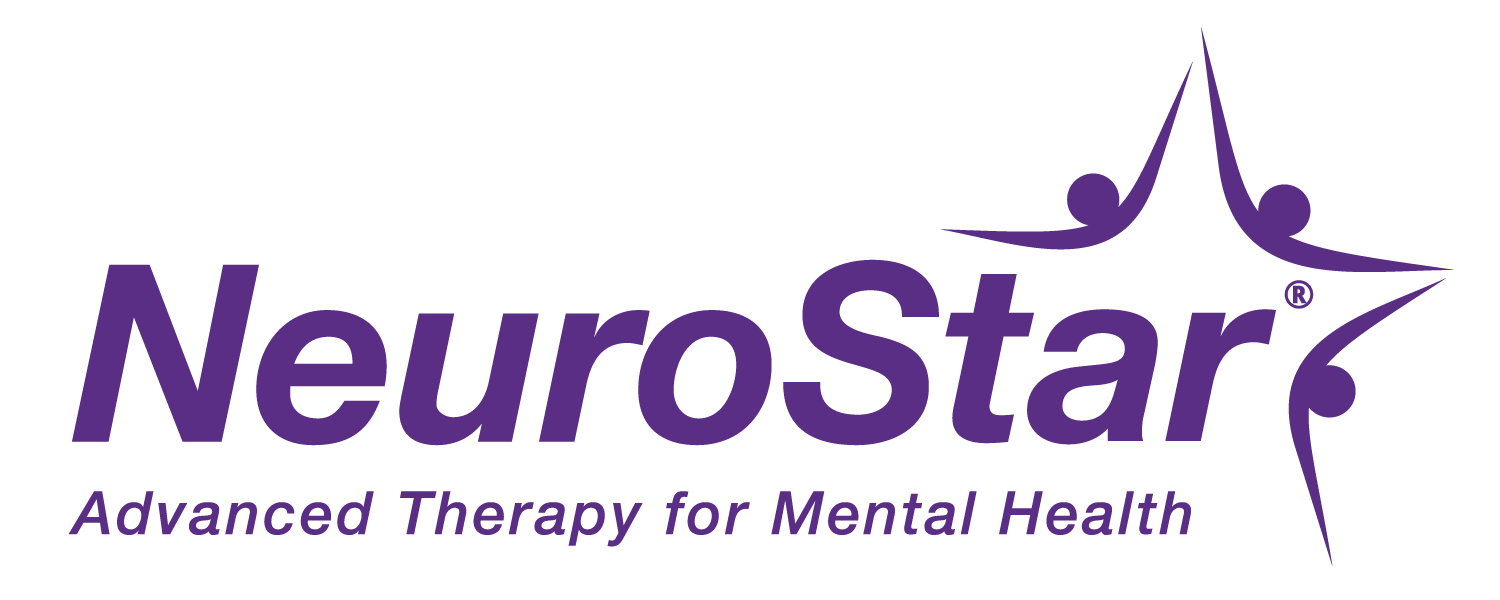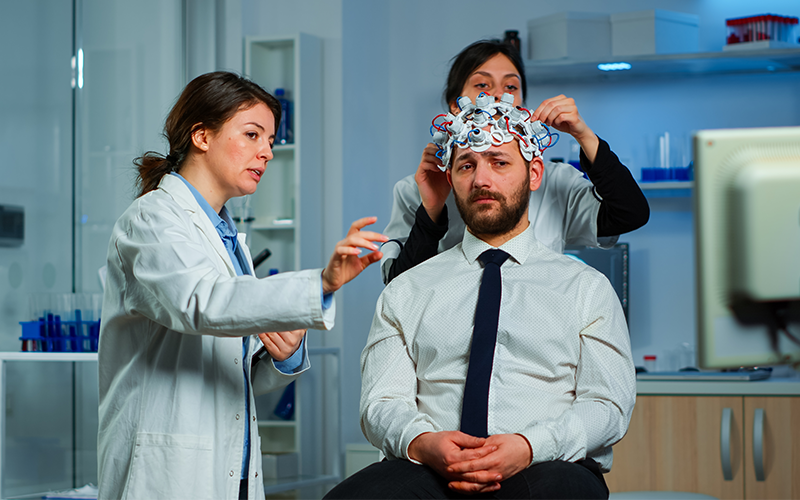The world of mental health has evolved to a major extent as it is attempting to offer patients the safest possible care. This is especially true for the treatment of depression where mental health professionals are evaluating Transcranial magnetic stimulation (TMS) treatment versus medication, the contraindications, and the benefits of each treatment when it comes to the long-term prognosis of depression symptoms altogether.
In this article, we will give a detailed overview of the differences between TMS therapy for depression and medication in treating patients with depression. By the end of it, you will know which approach is ideal.
How do Medications Work for Depression Patients
The most common type of medications that are prescribed to patients suffering from depression are antidepressants. Antidepressants work by affecting the neural activity in the brain of the patient through several pathways that may result in symptom reduction and mood elevation.
There are three generations of antidepressants based on different characteristics and the period of development.
- First Generation Antidepressants – First Generation medicines were first made in the 1950s and they were originally developed for the treatment of tuberculosis. Medical researchers were extremely impressed with the mood-elevating abilities that it entailed and therefore, it was adopted for treating depression as well.
- Second Generation Antidepressants – The medical field moved to second-generation antidepressants in the 1980s and now the focus was more on neurotransmitters that were the primary source of mood elevation, serotonin. Mostly, selective serotonin reuptake inhibitors (SSRIs) are considered second-generation antidepressants.
- Third Generation Antidepressants – It was actually in the 1990s that third-generation antidepressants made their way into the field of mental health treatments. They were more advantageous and the treatment was extremely safe in case of any dire side effects. These third-generation antidepressants aim to go beyond serotonin alone. Now, Serotonin-norepinephrine reuptake inhibitors (SNRIs) are the main medication class in this specific category.
The Reason Antidepressants Can Sometimes Fail
Antidepressants are considered ineffective if they are unable to do the following:
- If it was discovered to be unsuccessful in lowering the degree of severity, frequency, or duration of the symptoms.
- If its negative effects were determined to be so serious that they outweighed the advantages, or if the patient was unable to keep taking it.
How Does TMS Work?
Transcranial magnetic stimulation (TMS), is a non-invasive treatment that is widely used for treating patients suffering from depression. It makes use of electromagnetic fields to regulate the neural activity of the brain that is found to be associated with depression, mostly the bilateral prefrontal cortex.
Since TMS Treatment is a non-invasive procedure, it does not require anesthesia or does not even have any long-lasting side effects that can hinder the patient’s daily routine in any manner.
TMS Therapy for Depression has two types that are currently being utilized for the treatment of depression:
- TMS – TMS was approved by the FDA in the year 2008 for treating depression. It sends the electromagnetic waves that it produces to the brain using a handheld figure-8 magnet. TMS Treatment, while FDA-approved for efficacy and safety, can have targeting concerns because the handheld instrument can miss the desired brain structure especially in Deep TMS.
- Deep TMS – Deep TMS Treatment was approved by the FDA for the treatment of depression in 2013. It employs its own, patented H-Coil technology, which is housed within a cushioned helmet that is fitted to the patient’s head.
Deep TMS’s distinctive technology and equipment allow it to reach deeper parts of the brain directly as well as address greater portions of the brain concurrently.
Is TMS better than Medications in the Treatment for Depression?
TMS Therapy for Depression has shown significant improvement in patients battling depression, mostly in those cases where pharmacology failed to offer them relief. Although, even TMS does not guarantee full remission to treatment-resistant patients, they tend to find it beneficial in their long-term journey.
Research has shown that previously in patients where medications were not as effective, those same patients responded quite well to TMS. If the patients did not respond immediately to the treatment, they were showing significant improvements in the later phase where the TMS was continued for more than 4 weeks. On the whole, TMS also poses limited side effects on the health of the patients as well.
The main focus behind giving treatment to patients suffering from depression is to achieve remission. The key focus is on mood alleviation and symptoms improving by the day.
As per our analysis, TMS therapy for depression can be the better option given the kind of impact it has on the health of the patients and the low risk of side effects. It can also be used in conjunction with other therapies.
Medication Vs. TMS Treatment
TMS and medication efficacy may vary, although medicine (together with psychotherapy) is widely regarded as the first-line treatment for depression. It ought to be pointed out as well that the efficacy of any medication can be increased when they are combined.
Research shows that deep TMS Therapy for Depression can be taken with any form of medicine. The treatment is likely to achieve much greater remission rates when paired with an antidepressant, compared to a treatment for depression course that just comprised medicine, according to the study.
It is a tough call when it comes to deciding which treatment course is suitable for a patient and the advice is better administered by a licensed or a mental health professional only. Based upon the patients’ symptoms and their reaction to the treatment can tell us better which one is an ideal fix.
Both treatments are safe and recommended by health professionals for the treatment of patients suffering from depression. Both antidepressants and TMS are safe and effective when it comes to giving relief from depressive symptoms. SSRI and SNRI medications are always the first in line for treating the overall condition of depression patients.
Other than the medications, psychotherapy is always recommended on the side as well. But, now with the advent of a non-invasive form of treatment, TMS can easily bring about significant changes in patients suffering from depression. TMS therapy for depression is typically prescribed as a combination with other types of therapies or medications as well to increase effectiveness.
Patients who have severe depression tend to face treatment-resistant depression or they experience the most adverse side effects of the medications. For such patients, a non-invasive option like TMS is the best one.
Conclusion
To sum it up, it is always recommended that decisions relating to your health must always be consulted with a trained health professional who can develop a treatment plan with you.
It all depends upon the patient’s condition and what the healthcare professional thinks is the optimal treatment based on the relevant symptoms altogether. In our opinion, TMS Treatment is the best when it is given in combination with medications as it shows long-term effective outcomes in the patient altogether.
You can always get in touch with a health provider or visit SNBCare for a free consultation.


